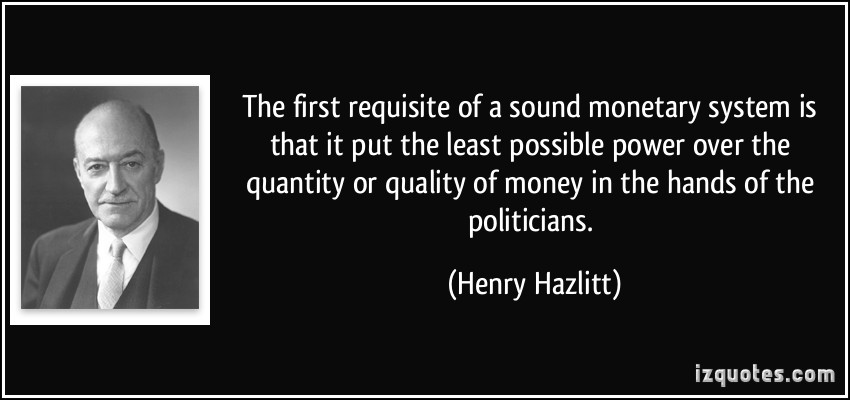

This is an effective ending to a letter when you are sincerely expressing gratitude. The exception here is talk to you later, which errs on the more casual side. It can be an effective ending to a letter or email when confirming or planning a specific date for a face-to-face meeting.Īlthough these endings can be used in either formal or casual settings, they typically carry a more formal tone. These sign-offs indicate that you are expecting to continue the conversation with your contact. Variations to this farewell phrase include see you soon, talk to you later, and looking forward to speaking with you soon. A semi-formal variation is warm regards, and an even more formal variation is simply regards. Despite its similarity to best, this sign-off is a little more formal, meant for business letters and unfamiliar contacts. Quite like the previous sign-off, best regards expresses that you are thinking of the recipient with the best of feelings and intentions. Although it is not quite as formal as sincerely, it is still acceptable as a polite, formal/semi-formal letter ending, proper for business contacts as well as friends. This ending restates the sincerity of your letter's intent it is a safe choice if you are not overly familiar with the letter's recipient, as it's preferable to use a sign-off that is both common and formal in such a situation.Įnding your letter with best, all the best, all best, or best wishes indicates that you hope the recipient experiences only good things in the future.

Sincerely (or sincerely yours) is often the go-to sign off for formal letters, and with good reason.
#Quotes about endings in business how to#
To understand how to end a letter, look at the following 12 farewell phrases and the situations in which they should be used.Īdditionally, if you're ever uncertain about the content of your letter or simply want someone neutral to take a look at it, you can always consider submitting your letter to a professional editor for editing or proofreading. They can help you avoid embarrassing errors. What's the difference, for instance, between sincerely and yours truly? Is there any difference?Įach different phrase has subtle connotations attached to it that can shape your recipient's reaction. However, it might still be unclear what the best word choice is for each situation. You probably know that you shouldn't end a letter to your mom the same way you'd end one to your boss. After all, the content has already been planned and written only a handful of words need to be added. It seems as if ending a letter should be the easiest part.


 0 kommentar(er)
0 kommentar(er)
